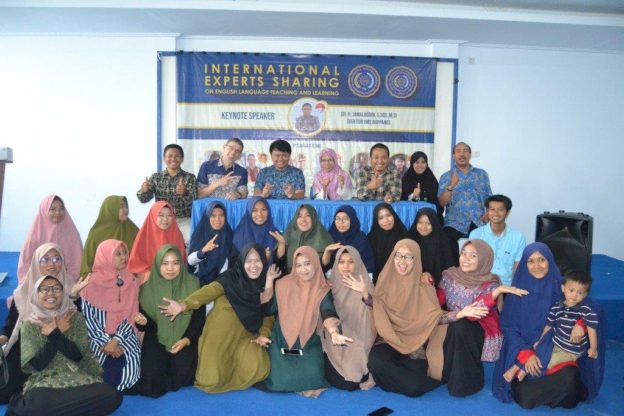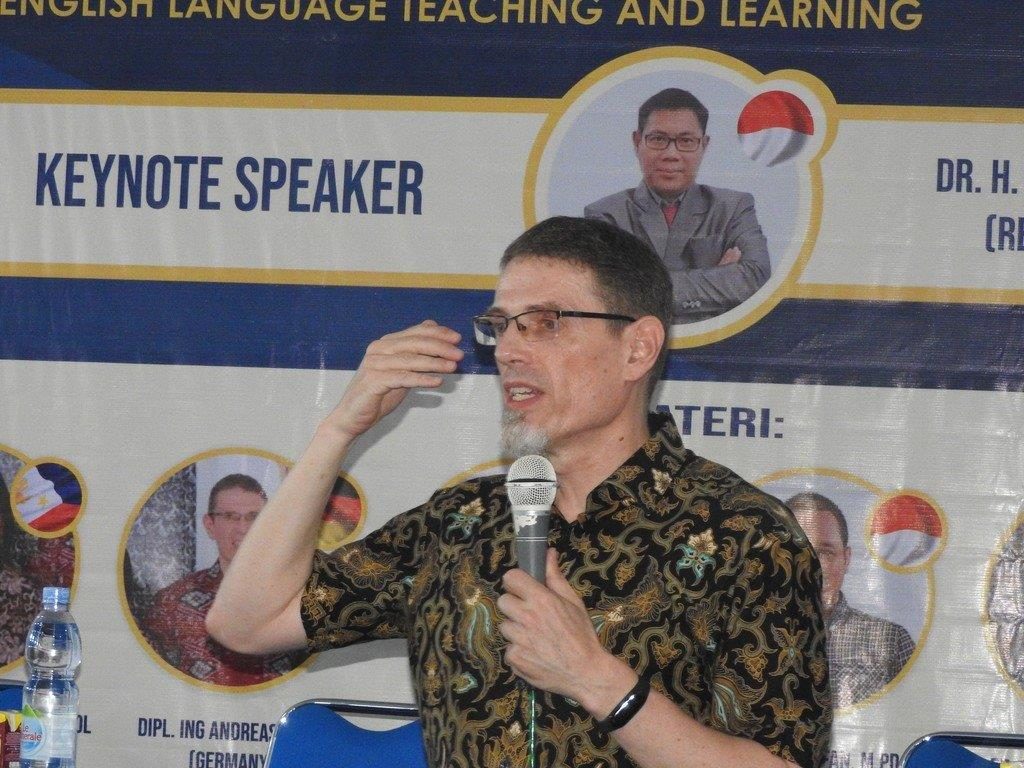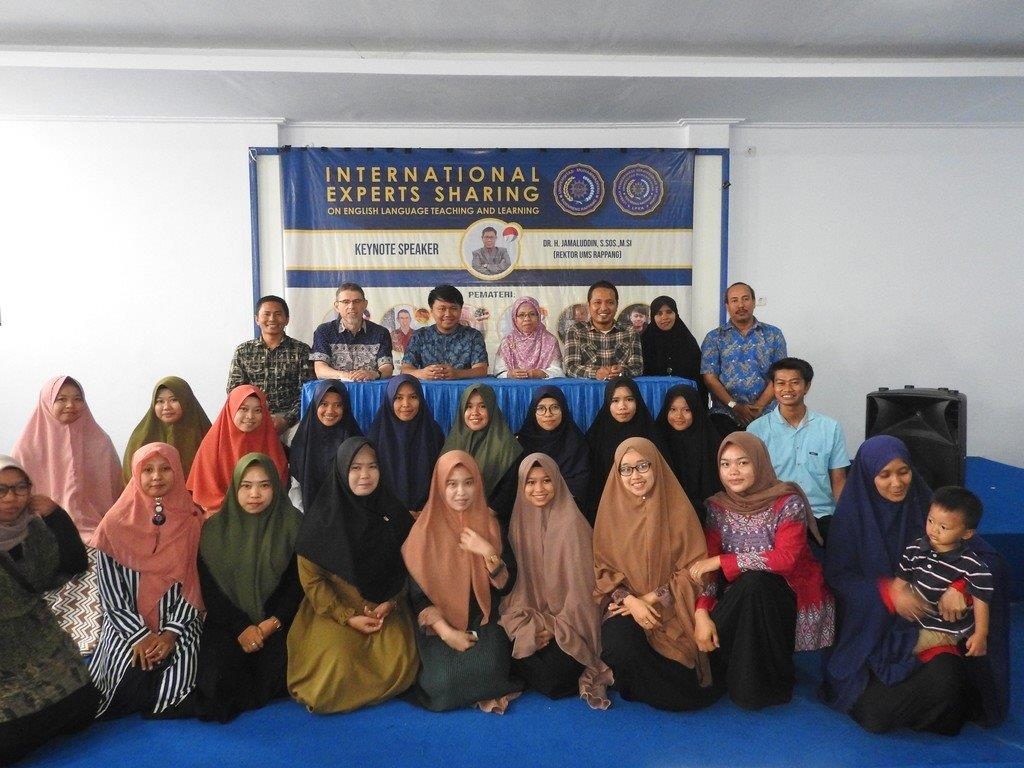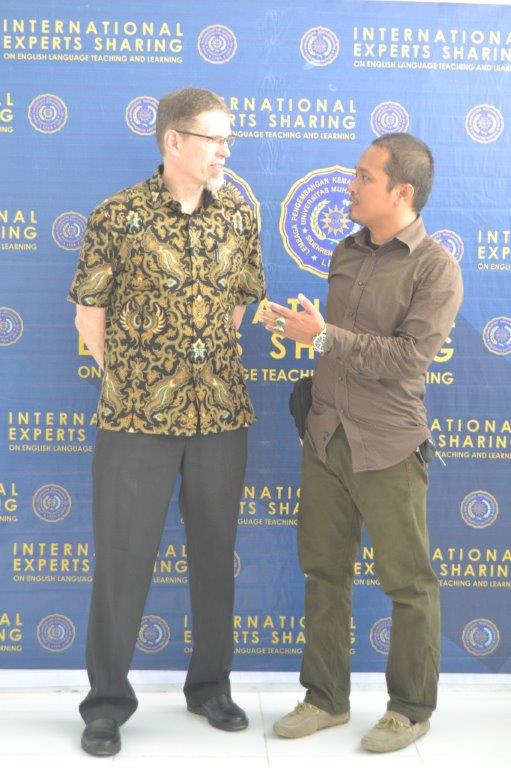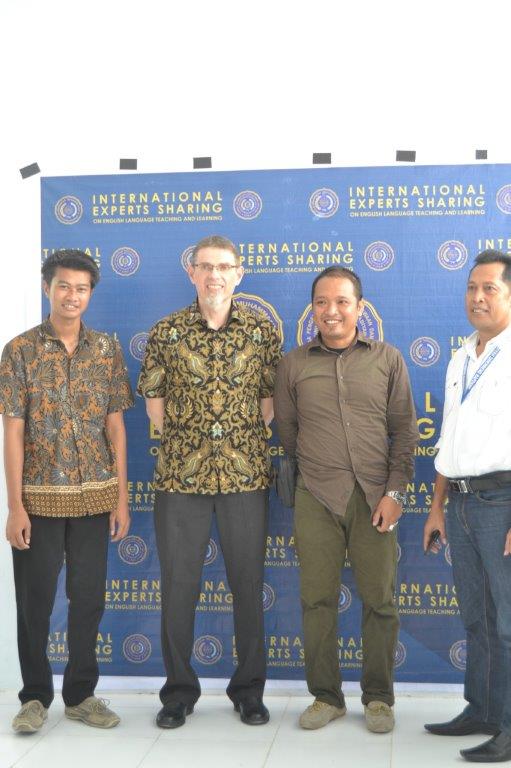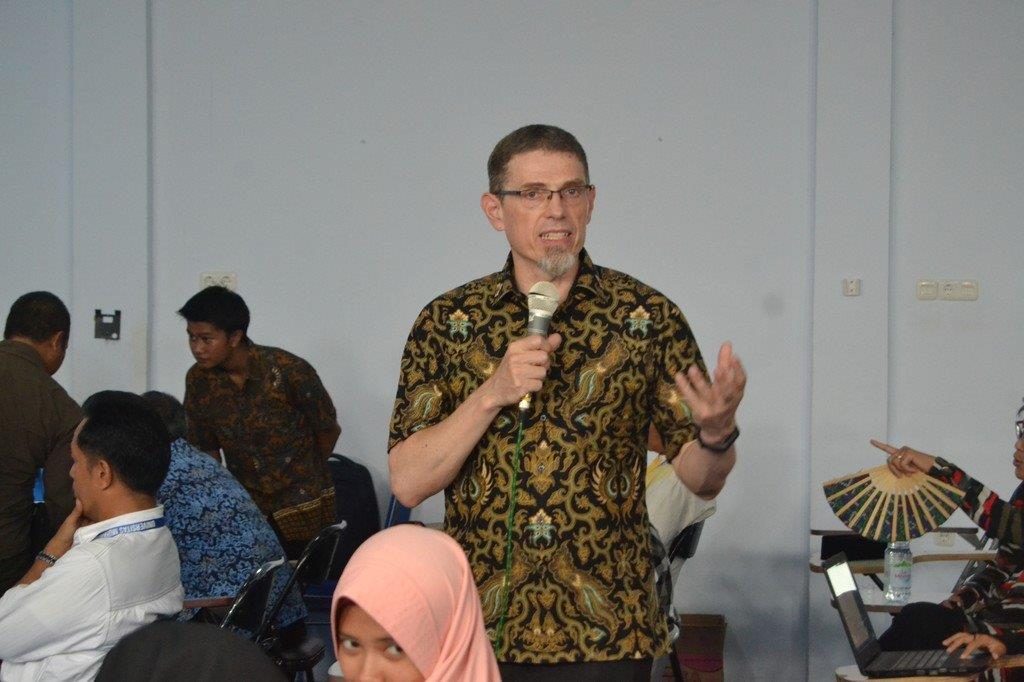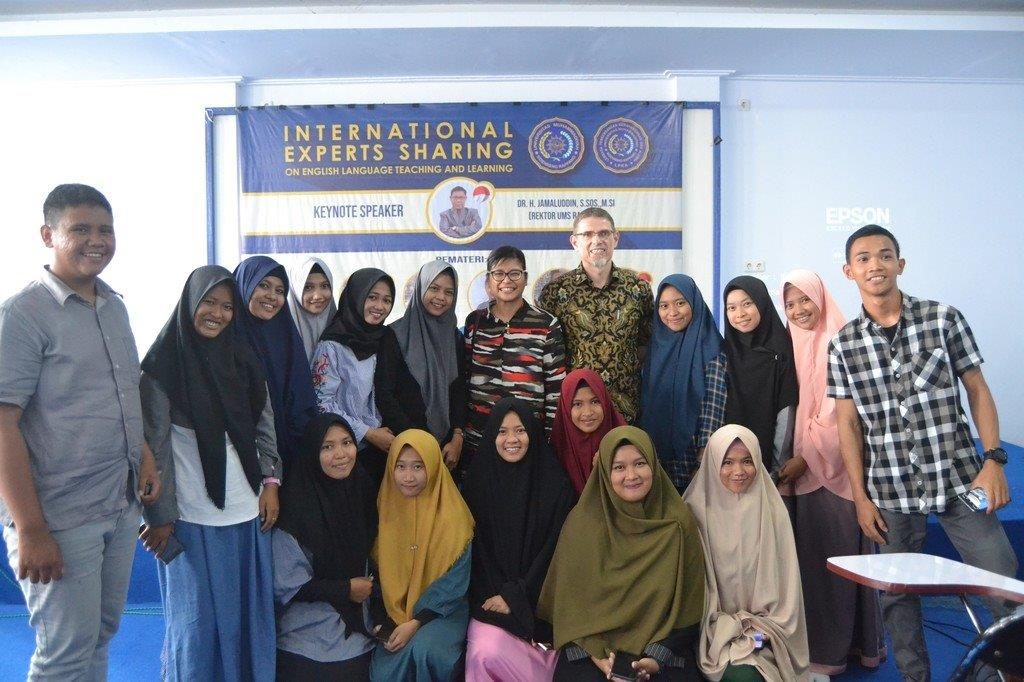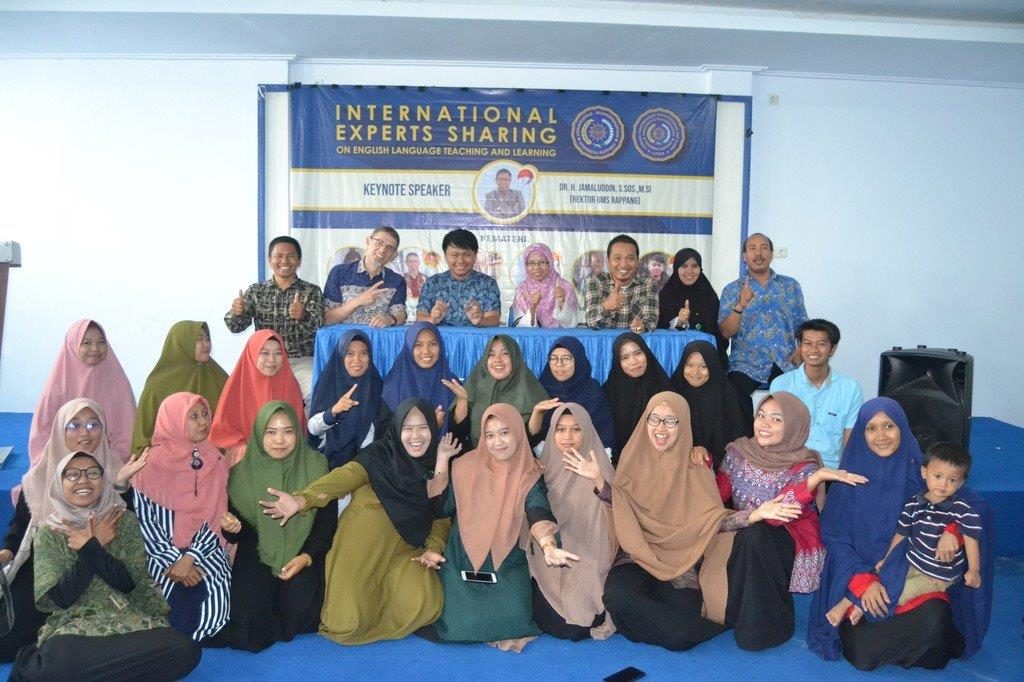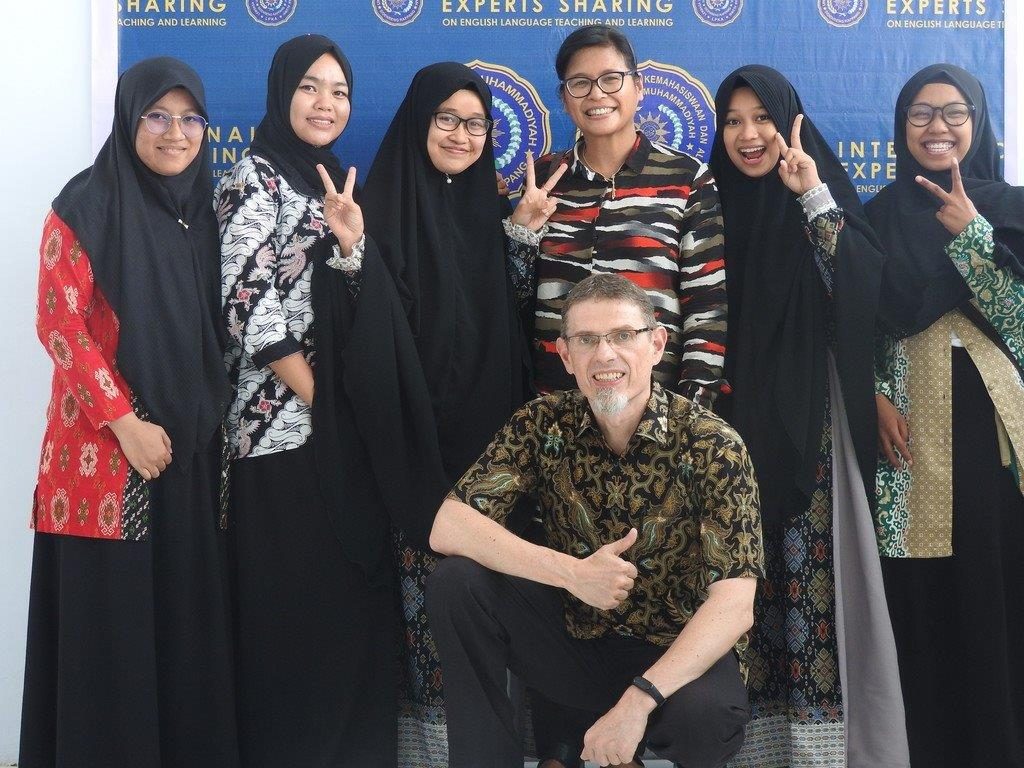In recent years, Industrial Revolution 4.0 has been a game-changer in many societies in developed as well as developing countries like Indonesia. In fact, the current government has launched what they call “Making Indonesia 4.0 Road Map“, a vision of preparing the country for this Industrial Revolution that will result in greater manufacturing productivity, higher GDP as well as the creation of job opportunities for Indonesia’s labor force. Indonesia aims to be one of the top 10 global economies by 2030.
This implies that educational institutions need to address this industrial revolution in the academe. There is first a need to prepare students to be the workforce for this environment, and to give the students an experience of Industrial revolution 4.0 even on campus.
Another implication is that universities have to raise the competencies of students in the 4 C’s: critical thinking (and problem solving), creativity, collaboration and communication, which educators have identified as the skills needed by students in the Industrial Revolution 4.0 era. It means encouraging students to think for themselves and be more pro-active in both what they learn and how they learn.
Now any change can be quite daunting for many educators because change means learning new teaching methodology, content and technology and investing in new infrastructure and facilities.
One of our SEEDS university lecturers was recently invited to give a presentation on Industrial Revolution and its Effects on Education. This invitation came from a small private university, Universitas Muhammadiyah Sidrap in South Sulawesi, where the Rector as well as his young faculty are pushing for a ‘smart campus’.
Our SEEDS worker was able to show how this Industrial Revolution 4.0 has already penetrated many aspects of society and how this is already at work in some parts of South Sulawesi. He was also able to show their role as ‘in-betweeners’, that is, those who mediate between the global world and their local context. He emphasized that they too can adapt to the ever changing industrial and technological world and being the agents of change in their own local contexts.
The participants, especially the Rector and the faculty, were so eager to hear this presentation as this gave support to their vision of a ‘paperless’ and digital campus. It affirmed that they are on the right track in preparing students for ‘Making Indonesia 4.0’.
This is a good example of how SEEDS and developing governments like Indonesia can partner. SEEDS workers have a variety of expertise that helps promote ‘Making Indonesia 4.0’ in their different locations. We continue to explore new possibilities where such partnerships in knowledge transfer can happen as Indonesia aims to be a major economic global player in the years to come.

